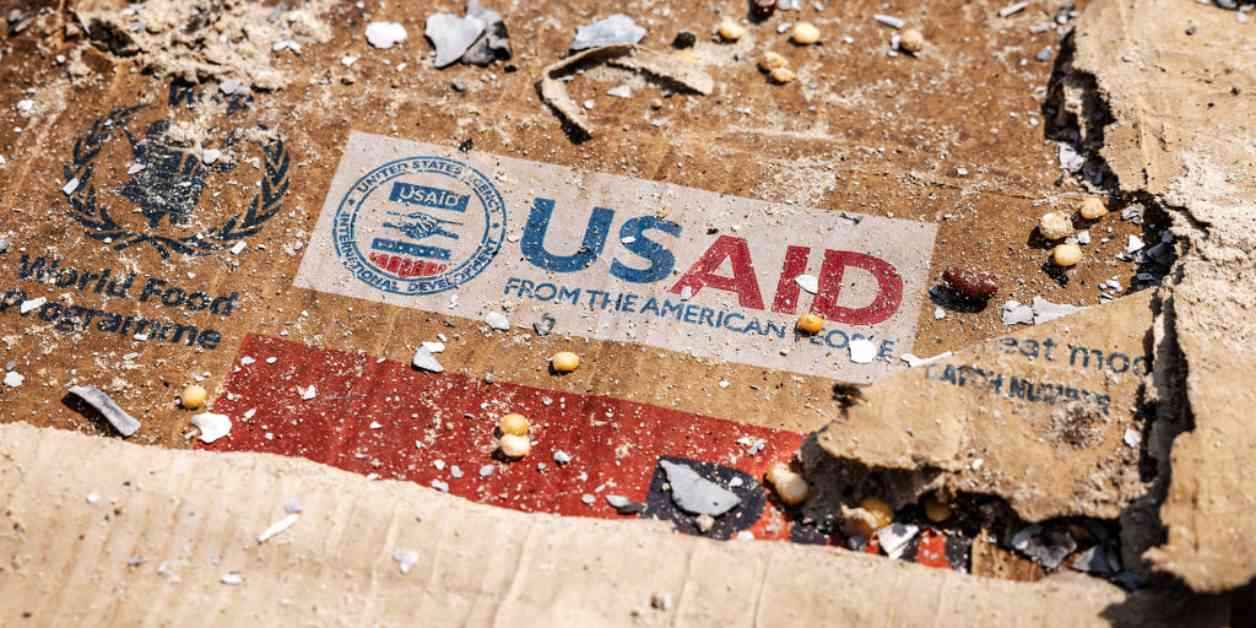Millions across the globe face the brunt of President Donald Trump’s decision to halt international aid and close the U.S. Agency for International Development, the world’s largest foreign assistance provider. From crucial biosecurity measures and vaccines for diseases like polio, mpox, and Ebola to food supplies for famine-stricken nations and essential HIV treatment, a multitude of programs worldwide have been severely impacted by this move, as reported by current and former USAID employees to NBC News.
Former Deputy Assistant Administrator of USAID’s Bureau for Humanitarian Assistance under the Biden administration, Marcia Wong, expressed concerns about potential lives lost due to this decision. This move comes in the wake of the Trump administration announcing the elimination of 2,000 positions at USAID and placing most remaining staff on leave.
Global Impact of Aid Cuts
The U.S. disbursed approximately $72 billion in foreign aid in the year ending Sept. 20, 2023, with USAID managing around $44 billion of that total. The freeze on foreign assistance triggered by an executive order from Trump led to the scaling back, closure, and staff layoffs in American-funded aid and development programs worldwide. Although waivers were issued to exempt emergency food aid and vital programs, the process was criticized by a current USAID official in Latin America as ineffective.
A report from USAID’s Office of the Inspector General raised concerns about the uncertainty surrounding waivers for lifesaving assistance, putting over $489 million of food assistance at risk. The abrupt downsizing of the agency has raised alarms about the negative consequences it could have on global aid programs.
Health and Security Concerns
The President’s Emergency Plan for AIDS Relief (PEPFAR), one of USAID’s flagship programs operating in over 50 countries, has been significantly impacted by the administration’s actions. Millions of HIV-positive individuals who receive antiretroviral treatment through PEPFAR are now facing disruptions in their care due to the funding freeze.
Beyond health programs, dismantling USAID could have far-reaching implications on global health security. Concerns have been raised by experts about the potential for pandemics like mpox and Ebola to spread uncontrollably, with the dismantling of the agency hampering biosecurity measures and outbreak containment efforts.
As the world grapples with the COVID-19 pandemic, the ability to respond to health crises swiftly and effectively is paramount. The loss of USAID’s support could not only jeopardize global health programs but also pose risks to national security and public health in the U.S.
Agricultural, environmental, peace, and security initiatives are also under threat due to the funding freeze. Over $1 billion in disbursements managed by USAID covered agricultural programs in 2023, with millions dedicated to environmental conservation efforts. The agency’s contributions to peace and security initiatives globally, particularly in conflict-affected regions like Ukraine and the Middle East, have been crucial in stabilizing fragile environments.
Concerns have been raised about the U.S. ceding its influence on the global stage if it withdraws from foreign aid efforts. The void left by reduced American assistance could potentially be filled by other global powers like China and Russia, altering the geopolitical landscape significantly.
Chantal Da Silva, a world news reporter for NBC News Digital based in London, and Abigail Williams, a producer and reporter covering the State Department, provided insights into the far-reaching consequences of the USAID cuts. Their reporting sheds light on the urgent need to address the repercussions of scaling back international aid and the critical role these programs play in safeguarding global health and security.


